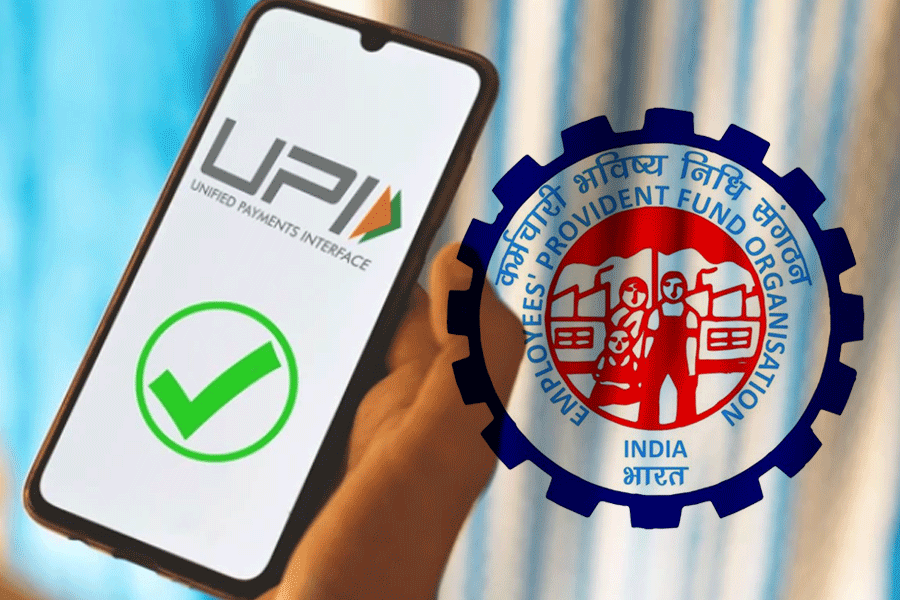New Delhi, April 10: Twins Saba and Farah will have to remain joined at the head, sharing kidneys and a vital blood vessel.
The Supreme Court today rued that it was “not in a position” to order the surgical separation of the conjoined twins following resistance from their parents, and noting too the absence of expert opinion that surgery could save “at least one” of them.
The two-judge bench directed the Bihar government to bear the entire cost of treatment of the 16-year-old twin daughters of a Patna tea-stall owner apart from a monthly maintenance allowance of Rs 5,000.
The court also asked medical authorities in Patna to conduct periodical tests on the twins and submit at least a quarterly report to the All India Institute of Medical Sciences (AIIMS), Delhi.
The directives came on a public interest petition filed by Aarushi Dhasmana, a law student from Pune, who sought mercy killing of the twins or medical aid, saying the girls couldn’t even sleep because of constant pain.
“We are … concerned with the fate of Saba and Farah,” the bench said, acknowledging the “mental and psychological trauma” of the craniopagus twins but voicing its helplessness in the face of parental opposition to surgical separation.
The court had in November appointed a team of experts from AIIMS to examine the twins. But the parents resisted any further tests on the girls, fearing they might die, and instead requested financial help to look after the girls as long as they lived.
The bench, which said Saba and Farah were now “wards of this court”, commented on the request, saying nobody was concerned with the “pain and agony” the twins were going through, “not even the parents (who) want … financial help as well as palliative care”.
The court said the “intrinsic value” of both Saba and Farah was “equal”, but noted that a “balance sheet has to be drawn up” on the “advantages and disadvantages” that flow from the “performance” or “non-performance of a surgical treatment”.
If the balance “shifts heavily in favour of one, that has to be accepted”, the court said, but added that no “positive” direction was possible in the absence of expert opinion indicating that either of them can be saved by surgery or “at least one”.
The court recalled that the twins had about six years ago been examined by a specialist from America who noticed that they shared a vital blood vessel in the brain and that Farah had two kidneys while Saba had none.
“Earlier also, medical experts had ruled that separating Saba and Farah would require five or six operations over nine months, but each stage held a one- in-five chance that either of the girls might die,” the bench said.
“Consequently, the family had decided to go against any operation, even though it was reported that the crown prince of Abu Dhabi, Sheikh Mohammed bin Zayed, had offered to meet the entire medical expenses.”
The judges said the AIIMS medical team had in its report last October spoken of the risks involved in the operation as well as in the detailed investigations that were necessary.
The institute had also underlined the resistance of the parents to the tests. “Barring a few exceptions … the conduct of investigations and performance of medical operation on a person, without his or her consent is unlawful,” the court said, pointing out that while right to life was guaranteed under the Constitution, so was the right to bodily integrity.
The court said if there was an “authentic medical report” that one of the twins could be saved, or else both would die, “we would have applied the ‘least detrimental test’ and saved the life of one, even if the parents are not agreeable to that course”.
“Every life has an equal inherent value which is recognised by Article 21 of the Constitution and the court is duty bound to save that life,” the bench said, directing the state government to bear the complete medical expenses and file a report every six months.










